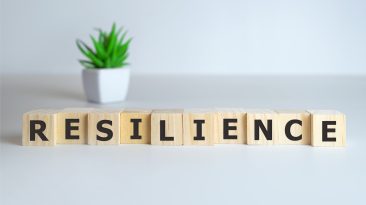The global trends in D&I revels that the status of diversity in all terms has slightly improved in Indian organisations but still we have to cover a long way with speedy adaptation and implementation of policies and strategies focusing on the creation of a diversify and inclusive workplace.
Diversity & Inclusion
Reverse mentoring can also become a practice. While mentoring typically involves a more experienced, older employee or leader providing guidance to a younger employee, the opposite approach can also be used.
The benefits of a diverse workforce not only provide social harmony at work for the employees, but also increase productivity and profitability that will help the organisation to succeed in the global marketplace.
Any progressive company must have diversity in people, equity in opportunities and inclusion for all. For any organisation to grow & to sustain needs diverse views, acceptance for ideas and people. People need to just not feel but belong to the organisation.
The gaps over the decades have reduced but gender equality in Indian Inc is still farfetched dream, unless we make conscious and stronger efforts. After the pandemic the situation has shown a downward trend with research showing that women only make over a third of the workforce.
DEI is not, and cannot be seen as an end in itself, just a "good to do" thing. The reality tells that, such initiatives will always remain at a surface level, for real change, we must establish a clear linkage of DEI initiatives to business outcomes.
Diverse teams foster better employee engagement and productivity and they allow for better problem-solving abilities as varying perspectives often approach business challenges in a new way.
Cultivating a diverse and inclusive workplace takes time, investment and effort. But the reason organisations fail to achieve that goal is because they use the above in the wrong direction.
Policies established at the outset of a company's existence are often not revisited, making it more difficult for that company to adapt to its environment, therefore, needs regular review so that businesses can evolve with the times and become more progressive and employee-friendly.
A cultural shift takes time, which means organisations must set benchmarks and track their progress to assess how their efforts are moving the needle.




























